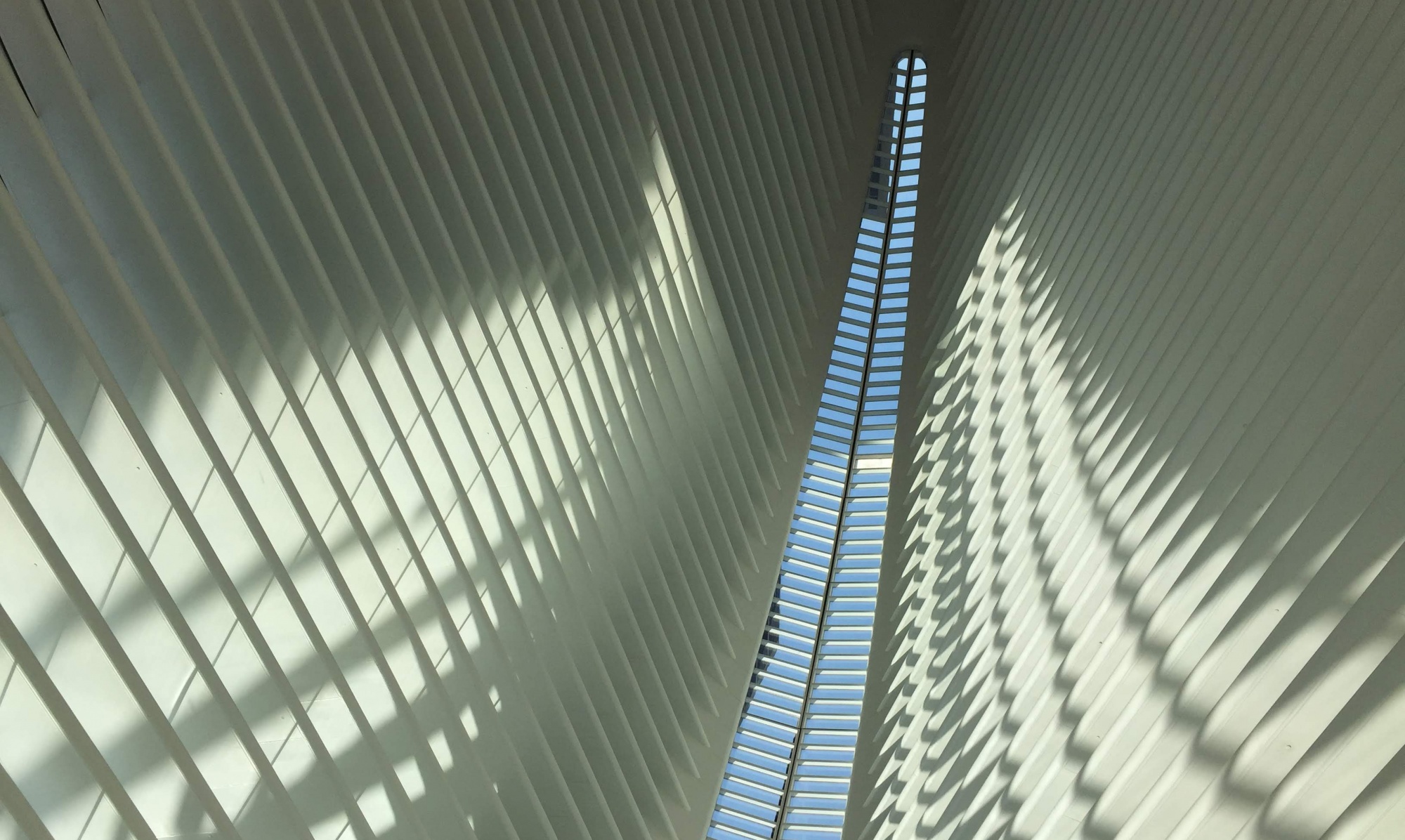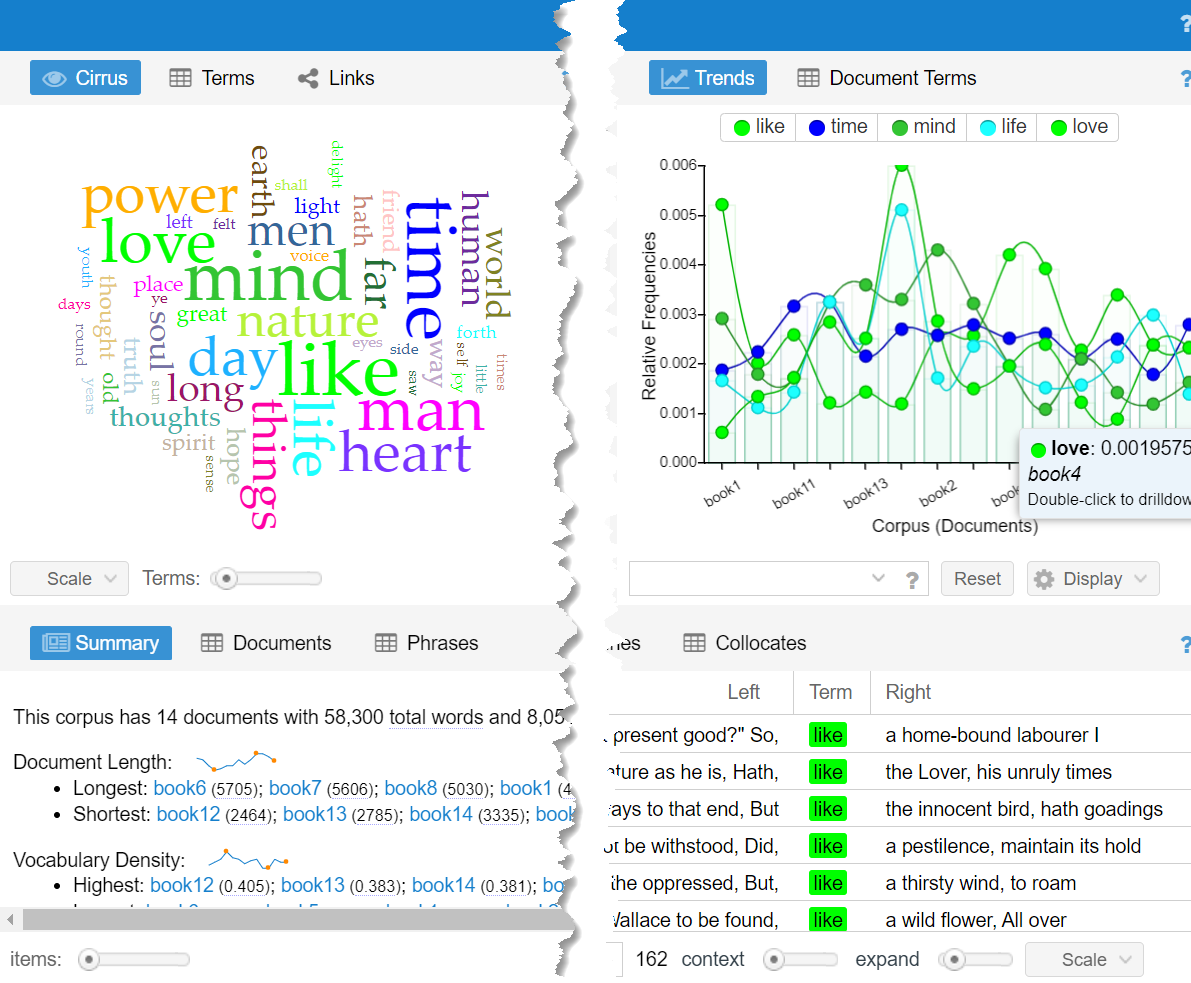Quarter: Winter 2023
Class Meeting Time: Tues & Thurs, 2:00-3:15pm (Pacific time)
Location: HSSB 2202
Instructor: Alan Liu | Office Hours: Tue. 3:30-4:30, South Hall 2521
Co-instructor: Leila Stegemoeller | Office Hours: W 3:30-4:30, South Hall 2509
“Data Stories” introduces students to an increasingly important genre of discourse in today’s society: data-driven narrative–e.g., as it appears in journalism; science, medical, and political reporting; business or government writing; and even some literary and artistic forms. The course draws on research areas with deep roots in the humanities such as narrative theory, genre theory (especially of story-driven forms spanning from prehistorical oral epics to the modern and postmodern novel), and media theory. It brings those approaches into conjunction with readings about, and examples of, data journalism and data visualization to ask this central question: how do you make a good story out of data? More fully, what is a “good” data story—one that is both impactful and socially or ethically good (by contrast, for example, with “fake news”)? Students will also learn from ethnographic research about how older societies told good data stories (e.g., how practical and social “data” was traded around the campfire at night in oral cultures). After learning about the theory and structure of narrative forms, data forms, and visualization forms, students will be asked to create a project in which they take a dataset and create a narrative about it that includes data visualizations.
In Winter 2023, “Data Stories” will be co-taught by Professor Alan Liu and Ph.D. student Leila Stegemoeller (teaching assistant this year for the English Department’s Transcriptions Center for Digital Humanities and New Media). “Data Stories” counts as an elective for the English Department’s Literature & Culture of Information (LCI) specialization for English majors.
Credits: While this undergraduate course builds on parts of Alan Liu’s earlier 2019 graduate course on “The Humanities and Data Science,” it also draws on ideas for readings, dataset sources, or assignments volunteered by individuals (Rebecca Baker, Teddy Roland, Tyler Shoemaker, Madeleine Sorapure) or scavenged from courses and resources elsewhere (e.g., Alberto Cairo’s video lessons on “Annotation and Narration”; Cole Nussbaumer Knaflic’s Storytelling with Data: Let’s Practice!; Miriam Posner’s 2017 “Introduction to Digital Humanities” course; and Melanie Walsh’s “Introduction to Cultural Analytics & Python” course). Special thanks to Teddy Roland for collaboration on creating the first instance of this course in Spring 2021 and co-teaching it.



